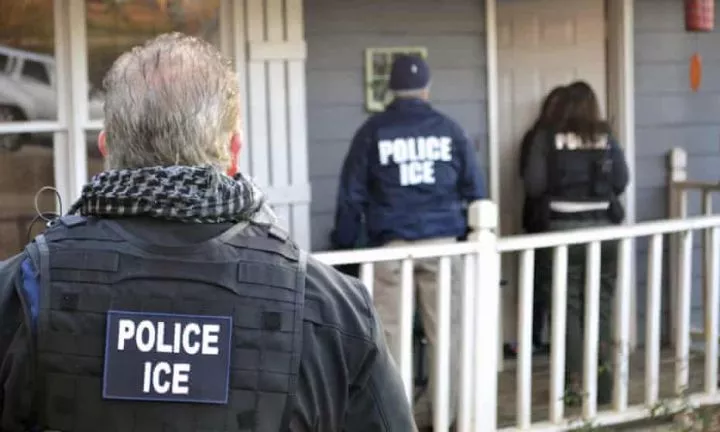
US immigration authorities will be able to arrest migrants at schools, churches and hospitals after the Trump administration overturned policies banning immigration enforcement from so-called "sensitive areas".
Immigration and Customs Enforcement (Ice) and Customs and Border Protection had been restricted from doing so for more than a decade.
The US Department of Homeland Security, which oversees both agencies, said in a statement: "Criminals will no longer be able to hide in America's schools and churches to avoid arrest.
"The Trump Administration will not tie the hands of our brave law enforcement, and instead trusts them to use common sense."
The directive was one of two issued on Tuesday, Jan. 21, from Benjamine Huffman, the acting secretary of the Department of Homeland Security.
The second directive reinstates with immediate effect so-called "expedited removal" nationwide. Under this authority, US Ice can quickly deport any undocumented person arrested inside the country who can't prove they have been here continuously for more than two years.
The changes come as Donald Trump's administration executes a major crackdown on immigration in the US. The president signed a slew of executive actions on Monday, Jan. 20, that included cutting off access to an app that facilitated the entry of hundreds of thousands of people as well as suspending the refugee system and promoting greater cooperation between Ice and local and state governments.
Administration officials vowed to immediately begin rounding up people in the US illegally, as part of the president's promise to carry out "mass deportations". Trump's border czar, Tom Homan, said in an interview late on Monday that immigration agents would fan out across the United States on Tuesday to arrest and deport undocumented people.
He did not say where the raids would take place.
"They're going to do it throughout the country. We have offices throughout the country, and every Ice officer is going to be out there and enforce the law starting tomorrow morning," Homan said.
Advocates warned that the Trump administration's move to allow arrests at sensitive locations would have harmful effects.

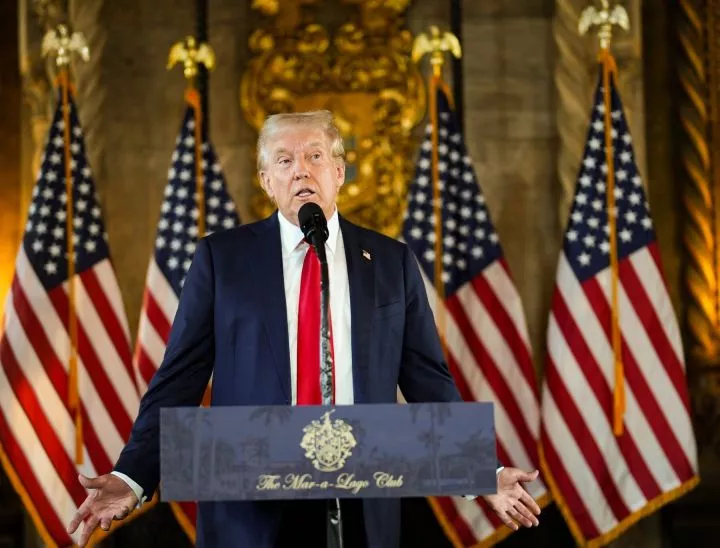
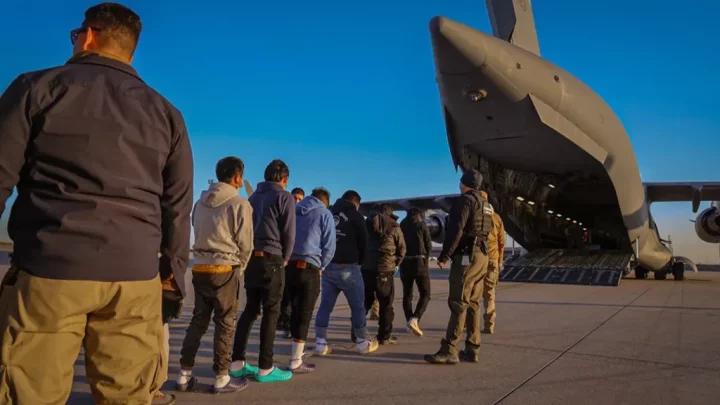
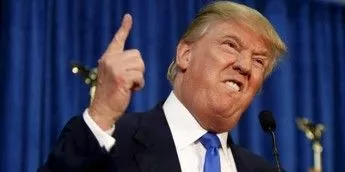
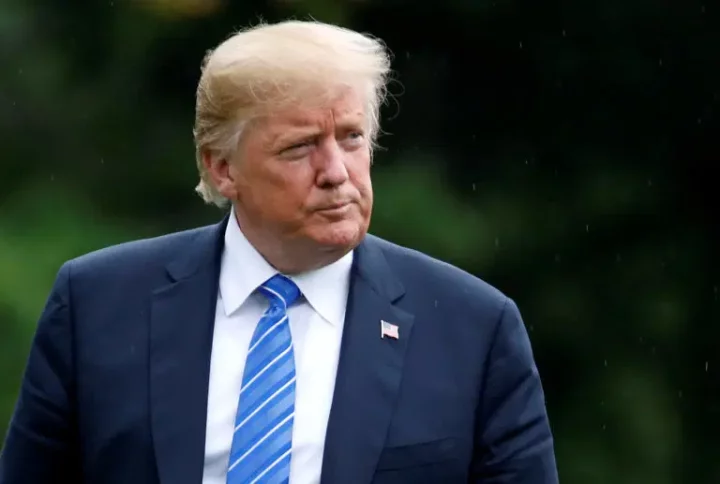
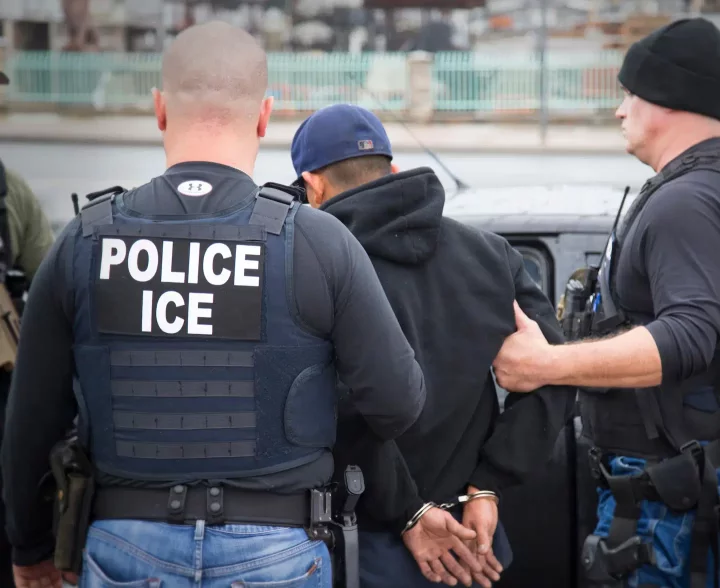
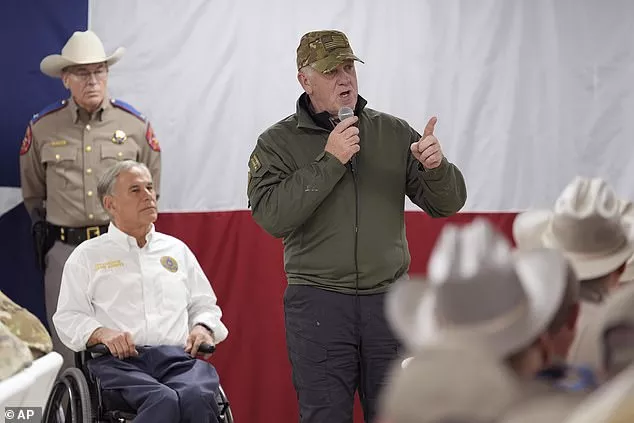

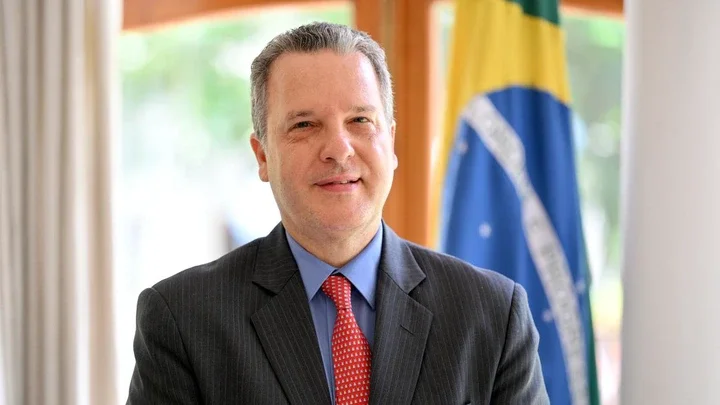

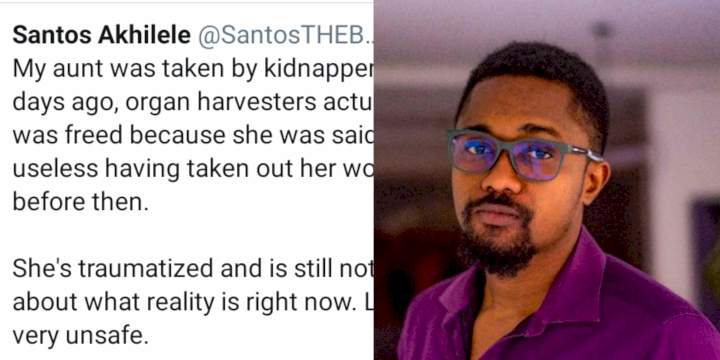


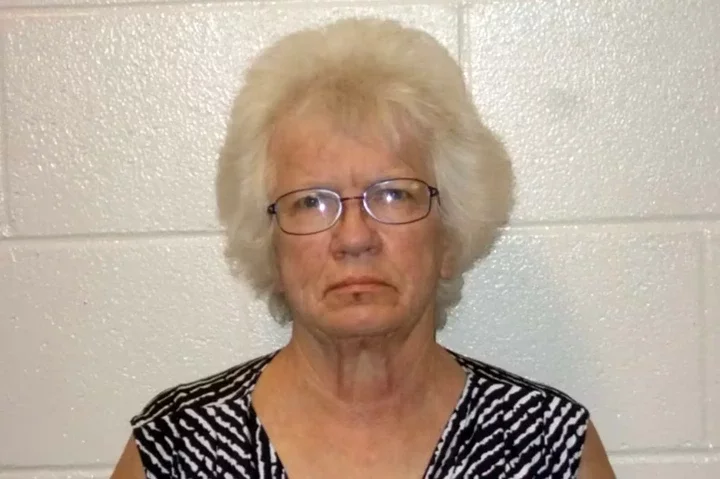


Comments